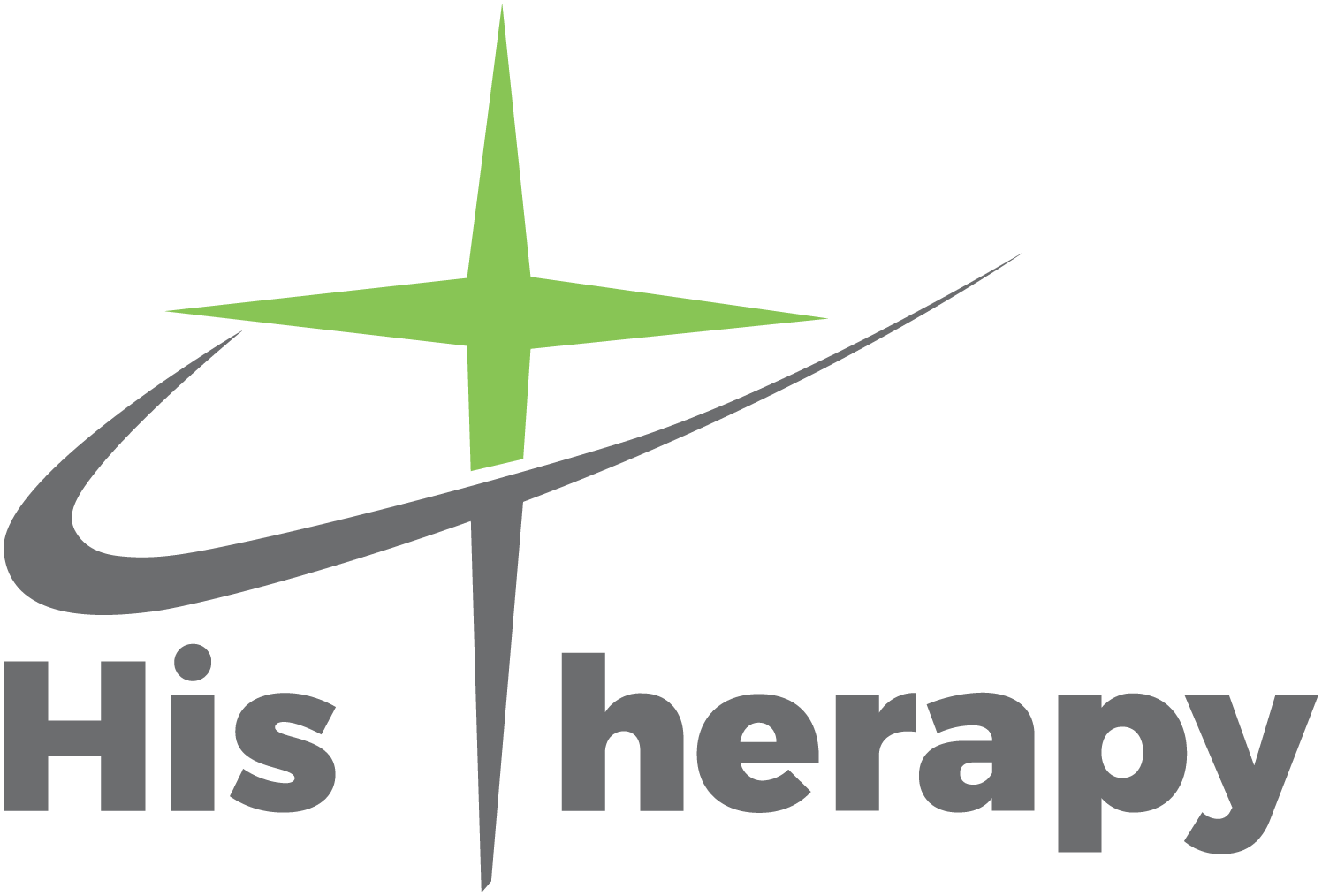Pelvic organ prolapse, defined as protrusion of the Pelvic organs (uterus, bladder or rectum) into the vagina, is a common but often overlooked problem. Two large epidemiologic studies – the Women’s Health Initiative (WHI) and a Kaiser Permanente study – evaluated the incidence of pelvic organ prolapse among a wide range of women. The WHI, which followed more than 160,000 postmenopausal women ages 50-70, documented pelvic organ prolapse in 41% of women who had not undergone hysterectomy and in 38% of women who had undergone the procedure. Kaiser Permanente’s epidemiology of Prolapse and Incontinence Questionnaire (EPIQ), documented self-reported pelvic organ Prolapse in 7% of 4,458 respondents ages 25 to 84.
Pelvic Organ Prolapse occurs when the pelvic floor muscle (levator ani) weakens and allows the pelvic organs to bulge into the vaginal cavity. In its early stages, the condition often produces no symptoms. As the pelvic floor muscle weakens, prolapse worsens and leads to urinary and fecal symptoms.
Management Options
Surgery is the only definitive therapy for pelvic organ prolapse, but it is often imperfect. That’s because the repair of one vaginal compartment may predispose another compartment to develop prolapse. In addition, the integrity of pelvic floor innervation and muscle strength can affect surgical outcome. This conclusion is supported by the fact that approximately one-third of procedures for pelvic organ prolapse are repeat operations.
Nonsurgical Treatment Options for Pelvic Organ Prolapse are:
Pelvic floor muscle exercises (PFME)
For women who are unable to perform PFME, biofeedback
Space-occupying devices (tampons, pessaries, etc.)
Behavioral modification
Avoidance of heavy lifting Maintenance of a healthy weight
Avoidance of constipation Avoidance of chronic coughing
The Colpexin Sphere
A new intravaginal device, the Colpexin Sphere, offers a unique option for conservative management. The Colpexin Sphere, which became available in the United States in 2006, supports the pelvic floor muscle and facilitates performance of PFME. The device is a medical-grade polycarbonate sphere with a locator string that is fitted above the hymenal ring to support the pelvic floor muscle.
Pelvic Organ Prolapse is a significant clinical issue among women of all ages, and it often results in discomfort, altered lifestyle and urinary incontinence. The Colpexin Sphere, which provides pelvic organ support and facilitates pelvic floor muscle strengthening, is an efficacious and conservative management option that should be considered for women with urinary incontinence and pelvic organ prolapse.
